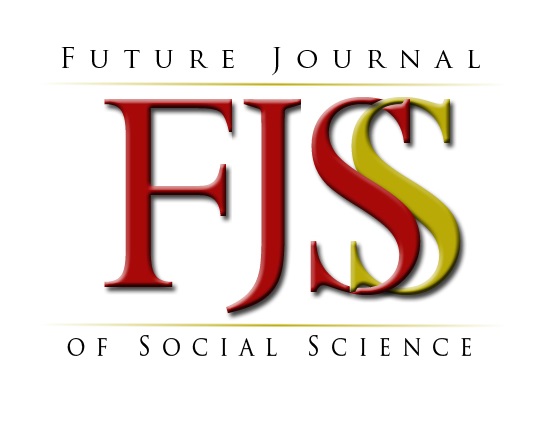Future Journal of Social Science

Abstract
In light of ebbs and flows in Turkish foreign policy in the Middle East, this study examines intra-elite disagreement and consensus over former Turkish Minister of Foreign Affairs and Prime Minister Ahmet Davutoğlu’s conception of regional power role since 2002 until 2016. While National Role Conception (NRC) literature has discounted intra-elite disagreements and variations, this study unravels contestations over Turkish regional power role within the AKP leadership and disagreements among the state bureaucracy, the opposition, and civil society from 2002 until Davutoğlu’s resignation in 2016. Building on factors of national role analysis, this study argues that Davutoğlu’s conception of regional power role in the Middle East has manifested elements of contestation and consensus across domestic actors due to variations in ideas, ideology, identity, and structure-agents interactions. This finding dwells on the triangulation of three research methods used in analyzing politicians, bureaucrats, and activists’ statements, declarations, and publications and tracking nuances of consensus and contestation over Turkish regional power role. It also relies on an extensive fieldwork study conducted by the author with Turkish officials in the AKP, opposition parties, and civil society from 2010 until 2015.
Recommended Citation
Magued, Shaimaa
(2024)
"Contestation and Consensus over Davutoğlu’s Conception of Turkish Regional Power Role in the Middle East (2002-2016),"
Future Journal of Social Science: Vol. 3:
Iss.
1, Article 1.
Available at:
https://digitalcommons.aaru.edu.jo/fjss/vol3/iss1/1

